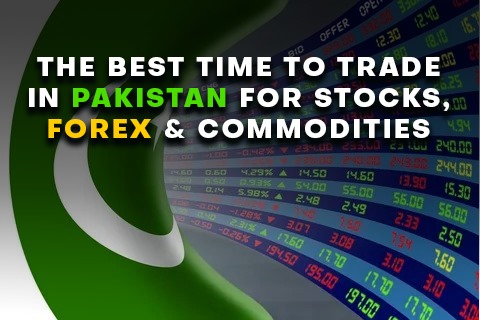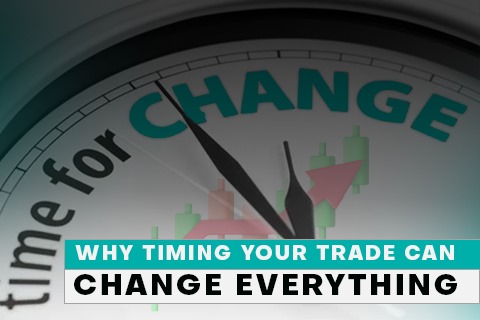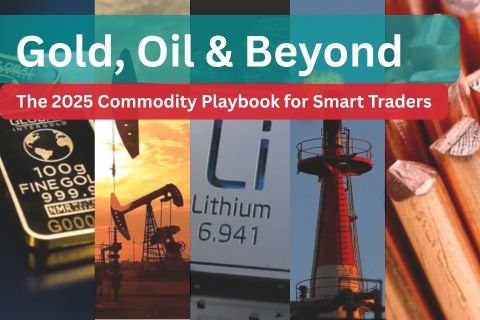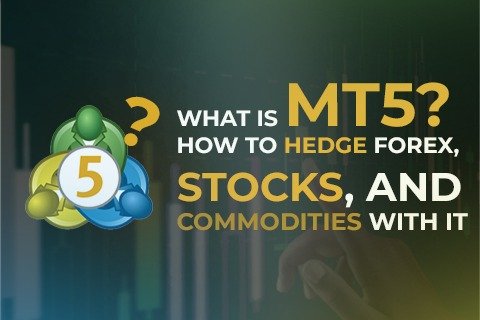What Is Leverage Trading, and Why Is It So Popular in Pakistan?
Leverage trading allows you to open larger positions in the market using a fraction of the total value as margin. In simple terms, it’s like using borrowed capital from your broker to increase your exposure. For example, with 1:100 leverage, you can trade $10,000 in volume with just $100 in your account.
In Pakistan, many traders are drawn to leverage due to its profit potential. Platforms like EI Commodities offer competitive leverage options on forex, gold, crude oil, and indices, making them appealing for those looking to grow their capital quickly.
But leverage is a double-edged sword. While it can multiply gains, it can just as easily amplify losses, leading to margin calls, account wipeouts, or emotional burnouts.
That’s why, before entering a leveraged position, there are critical questions every trader must answer—questions that will shape your strategy, risk tolerance, and long-term survival in the financial markets.
1. Do I Fully Understand How Trading Leverage Works?
Let’s start with the basics: Do you know how leverage functions in real trades?
Leverage is not “free money.” It’s a tool. Brokers like EI Commodities provide leverage based on your margin, but that leverage increases both your potential profit and risk.
Understanding terms like lot size, pip value, equity, margin level, and free margin is essential. If you’re not confident in these, you should avoid trading with high leverage until you’ve taken some foundational trading education something EI Commodities offers through its learning modules and webinars.
2. What Is My Personal Risk Tolerance?
Leverage is not one-size-fits-all. The amount you can handle depends entirely on your risk profile. Are you comfortable seeing your account fluctuate rapidly? Or do you prefer steady, smaller returns with controlled risk?
If seeing a 20% loss in a single day would shake your confidence, high leverage isn’t for you.
EI Commodities allows you to customize leverage settings and offers tools like stop-loss orders and risk calculators so you can trade within your comfort zone, without letting emotions take control.
3. What Happens If My Trade Goes Against Me?
Most traders don’t think about this until it’s too late.
When trading with leverage, even a small unfavorable price movement can quickly lead to a margin call, where your broker demands additional funds to keep the position open. If your account doesn’t meet the requirement, it will be automatically liquidated, potentially wiping out your capital.
So ask yourself: Have I planned my worst-case scenario?
Top traders on EI Commodities often use a 1-2% rule, never risking more than 2% of their total capital on a single trade, even with leverage. They accept losses as part of the game but keep them manageable
4. Do I Have a Clear Entry and Exit Strategy?
Without a clear plan, leverage becomes dangerous. You should never enter a leveraged trade without answering:
- What price level will I enter at?
- Where is my stop-loss?
- What is my take-profit level?
- What’s the reward-to-risk ratio?
EI Commodities’ advanced charting tools help you mark these levels with precision. Combining this with trading discipline is how experienced traders turn leverage from a risk to an advantage.
5. Am I Trading Based on Emotion or Analysis?
Emotional trading is the fastest way to blow a leveraged account. Greed pushes you to over-leverage; fear keeps you from closing losses or taking profits.
Before opening a leveraged trade, ask:
- Am I reacting to FOMO (fear of missing out)?
- Did I conduct proper technical and fundamental analysis?
- Am I following my plan or chasing the market?
EI Commodities combats this by offering trading journals, market insights, and professional mentorship, so you’re not trading in isolation or under pressure.
6. Can I Afford to Lose This Trade?
Every leveraged position you take should be backed by capital you can afford to lose. If losing that money affects your rent, bills, or emotional well-being, you’re trading with the wrong funds.
The most successful Pakistani traders at EI Commodities treat trading like a business, not a gamble. They separate personal and trading finances and ensure they’re never emotionally dependent on a win.
7. Is My Broker SECP-Licensed and Transparent?
Leverage should only be used with a broker that is fully regulated, offers transparent policies, and has robust risk management systems.
EI Commodities is SECP-licensed in Pakistan, meaning your trades are executed on a secure, compliant, and transparent platform. Unlike unregulated brokers who may manipulate spreads or block withdrawals, EI Commodities prioritizes your success, not just its bottom line.
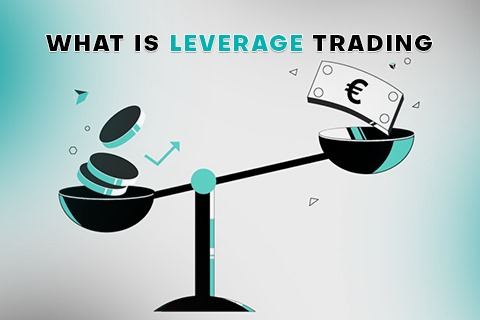
Final Thoughts: Don’t Use Leverage Until You’re Ready
Leverage is not for everyone. It requires knowledge, control, and a well-defined strategy. Asking these questions isn’t just a formality—it’s how smart traders protect their capital and build long-term wealth.
Whether you’re new to forex or looking to scale up your commodity trading, the key is understanding the risks, mastering the tools, and choosing the right partner.
Ready to Trade Smarter with Leverage?
Sign up with EI Commodities Pakistan’s most trusted and transparent SECP-regulated broker.
Get free access to leverage trading guides and risk calculators.
Enjoy full control with advanced tools and secure trading environments.
Answer the right questions. Make informed moves. Win with clarity.
Join EI Commodities Now



